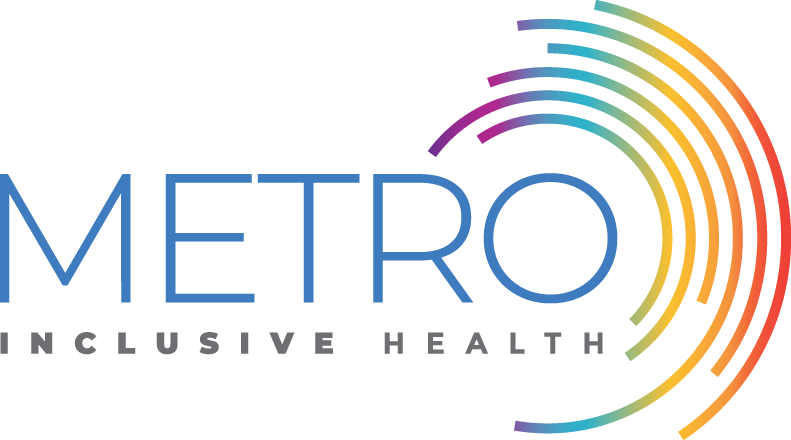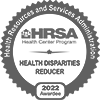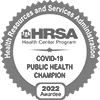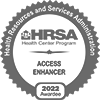- March 21, 2024
Is PrEP Right for Me?
At Metro Inclusive Health, we are committed to sexual health and HIV prevention, which includes educating about and providing PrEP, or Pre-Exposure Prophylaxis. Available in a daily pill or as a bimonthly injectable, PrEP is 99% effective in preventing HIV. PrEP is crucial for those at risk of HIV and is exceptionally effective in preventing HIV when taken as prescribed.
How Much Does PrEP Cost?
PrEP at Metro Inclusive Health is designed to be affordable and accessible to everyone who needs it. Most insurance plans cover PrEP. If you don’t have insurance, METRO can make PrEP available to you at little to no cost through patient assistance programs. We work diligently to ensure that financial barriers do not prevent anyone from accessing PrEP.
Visit: Same-Day PrEP & DoxyPEP Services at Metro Inclusive Health Today
Injectable PrEP vs Daily Pills
We understand that individual needs and lifestyles vary, which is why there’s both injectable PrEP and the traditional daily pill for HIV prevention. Injectable PrEP is an innovative option that involves an initial injection followed by a second dose one month later, and then continued with injections every two months. This can be a convenient choice for those who prefer not to take daily medication. On the other hand, the daily pill remains a reliable and well-established method. The choice between injectable PrEP and oral medication truly depends on what best fits your lifestyle and preferences, ensuring that HIV prevention is accessible and manageable for everyone.
How Effective is PrEP?
PrEP is extremely effective at preventing HIV if taken as prescribed and can reduce your risk for HIV by 99%. PrEP becomes most effective for receptive anal sex at around 7 days of use, and 21 days of use for vaginal sex and injection drug use.
Is PrEP Safe?
PrEP is safe, but people can have some side effects while taking it. Side effects may include diarrhea, nausea, headache, fatigue, and stomach pain. These symptoms do usually go away over time, but you should call your healthcare provider if these symptoms are severe or persisting.
Can I Stop Using Condoms If I am on PrEP?
While PrEP does help prevent contracting HIV, using PrEP along with condoms better protects you. After all, PrEP only helps prevent HIV. It will not help protect against STIs such as chlamydia and gonorrhea.
DoxyPEP and PrEP
DoxyPEP represents a significant advancement in sexual health care. It is a post-exposure prophylaxis designed to prevent bacterial sexually transmitted infections (STIs) when taken within 24 hours and no later than the 72-hour window after potential exposure. This makes DoxyPEP an essential option for those seeking immediate protection against STIs. Importantly, DoxyPEP can be safely taken alongside PrEP, providing a comprehensive approach to sexual health.
We offer full STI panels with same-day results at select locations, ensuring you have quick and convenient access to essential health services. Our commitment is to provide effective, immediate care in STI prevention and overall sexual health management.
Starting and Stopping PrEP
If and when you’ve decided to start taking PrEP, the only place you can get it from is a healthcare provider. Before beginning, you have to take an HIV test and be HIV negative. While taking PrEP, you’ll visit your healthcare provider every three months for follow-ups, HIV testing, and prescription refills. There is mail-in self-testing and TeleHealth options for those who prefer it.
If you stopped taking PrEP and would like to start again, simply reach out to your healthcare provider. The process would be the same as when you first began.
Same-Day PrEP Services with METRO
Getting started on PrEP with METRO is easy! We proudly offer same-day PrEP prescriptions. Simply walk-in to any location or schedule online for swift and personalized care in your journey towards HIV prevention. Our on-site Metro Inclusive Pharmacy also facilitates immediate prescription pick-up post-appointment, streamlining the process for your convenience and health security. Schedule an appointment, get a free HIV test, see a PrEP navigator and walk out with a prescription. Telehealth options are also available.
With our roots in serving those at risk for HIV in Tampa Bay, we’re proud to provide inclusive community health services for over 30 years — without judgement and stigma-free.
Rapid, 4th generation HIV testing is always free with METRO.
Schedule your appointment at any of our 9 health centers in Tampa, St. Pete, Brandon, Clearwater and New Port Richey.
Schedule online by visiting Metrotampabay.org/schedule or give us a call at 727-321-3854.
Article Sources: CDC.gov
